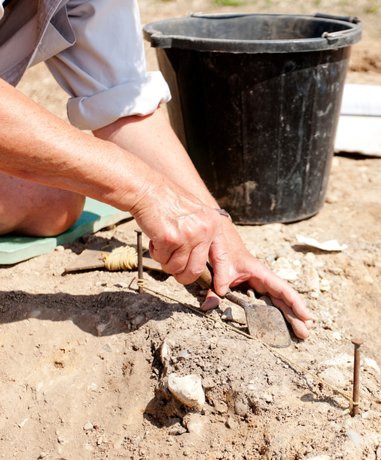
Call 0330 880 3600 Calls may be monitored or recorded. Opening Times.
- TRAVEL INSURANCE
- COVID-19 COVER
- More Options
- Help & Advice
- Existing Customers

Call 0330 880 3600 Calls may be monitored or recorded. Opening Times.
Cover for archaeological digs and related activities
Protection for your belongings
Instant online quotes for archaeological dig travel insurance
Get a QuoteOver 120+ activities are included free of charge
Archaeological digging is the process of systematically uncovering artefacts and cultural heritage from past civilisations. This activity often involves fieldwork in various locations, where archaeologists and volunteers dig, record, and preserve historical finds. It's a crucial method for understanding human history and cultural evolution.
Yes. Archaeological digs can be physically demanding and sometimes hazardous. Travel insurance is essential to cover potential injuries, equipment loss, and travel disruptions while participating in digs, especially in remote or international locations.

Our archaeological dig travel insurance includes emergency medical cover, personal accident insurance, personal item protection, cancellation cover, and personal liability protection in case of accidents during your excavation.
Typically, no. Most basic policies do not cover the specific risks associated with archaeological digs. A dedicated policy ensures you are fully protected against the unique challenges of fieldwork.
Yes, generally. It's important to declare any pre-existing conditions during the quote process so we can provide the appropriate coverage and advice. Additional terms may apply based on your health.
Coverage is often available for all ages, but terms can vary by provider. Always check the specific terms with your insurance provider.
Common risks include:
Insurance assists with medical care, replacement of lost items, and unexpected changes in travel plans.